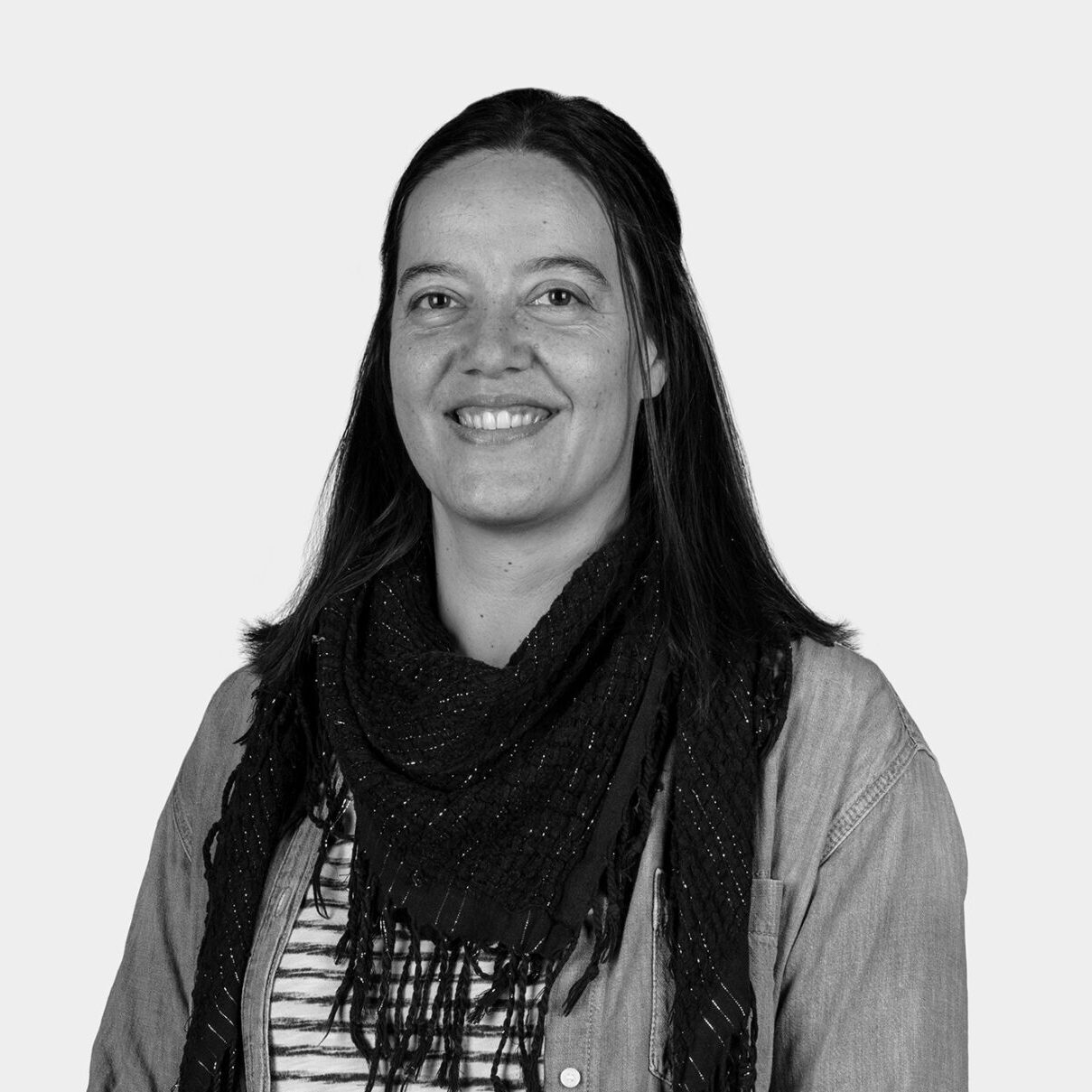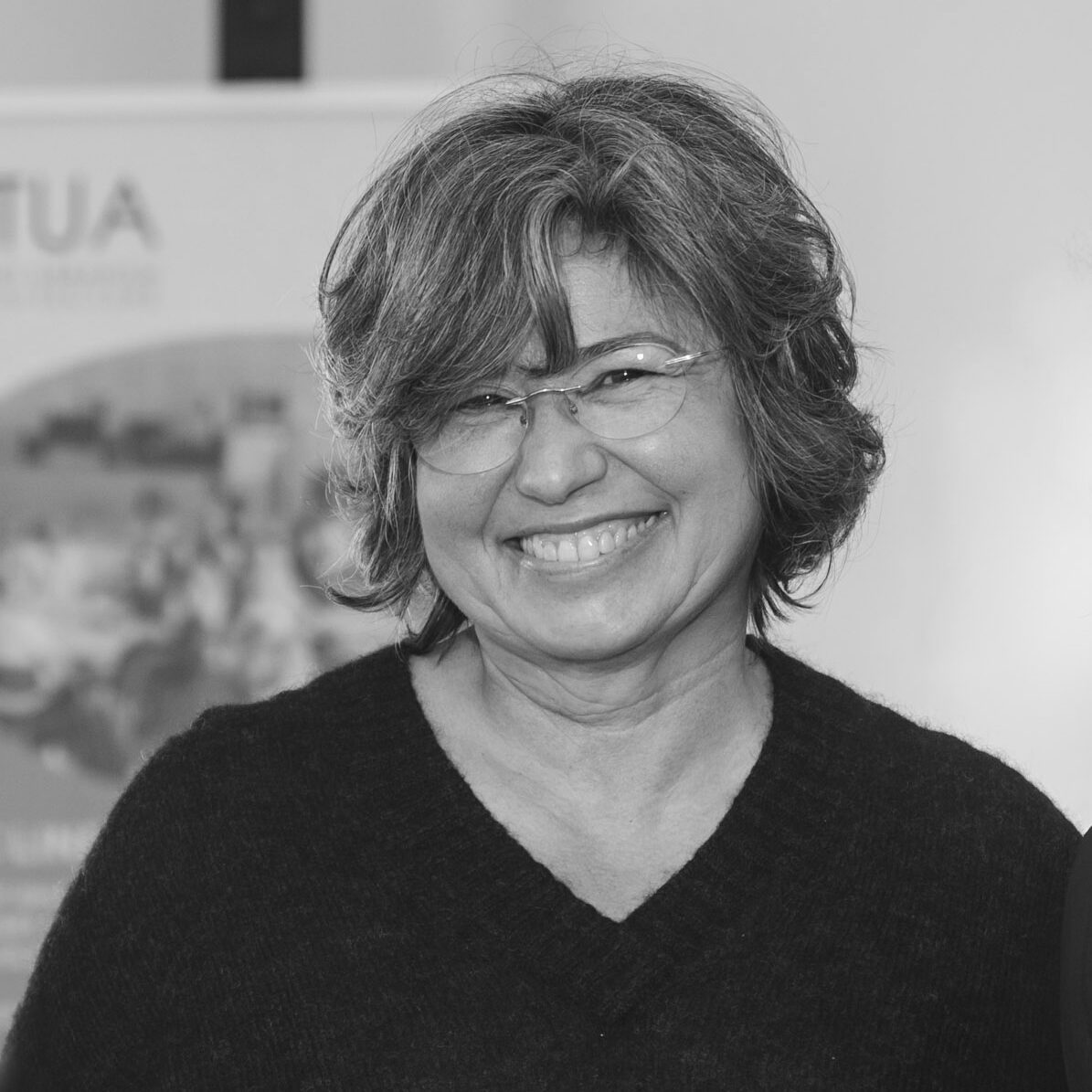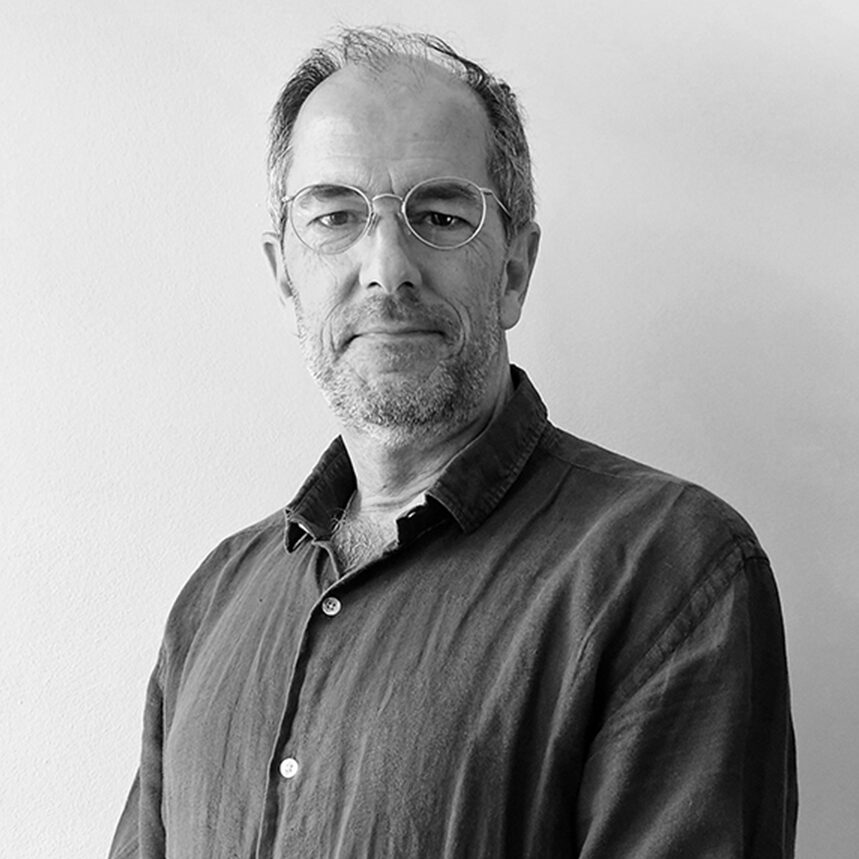THEMATIC AREA > PRACTICE-BASED RESEARCH
BioValue – Biodiversity value in spatial policy and planning leveraging multi-level and transformative change
Also appears in: International, Ongoing, Practice-based Research Outcomes
The aim of BioValue is to leverage transformative change in spatial policymaking, planning practices and infrastructure development. Doing so, it upscales opportunities for valuing biodiversity in support of EU strategic actions. Transformative change is a fundamental, system-wide reorganization across technological, economic and social factors, including paradigms, goals and values. Biodiversity loss is one of the persistent problems Europe is facing. But transformative change in spatial planning can help biodiversity to be better valued while developing new ways to reach sustainable development goals.
Spatial planning policy and decision-making take place at different levels, from local to global. Therefore, many are the players who can drive transformative change in spatial policy and planning processes – researchers, the public, policy makers, businesses and third sector organisations.
The project aims to safeguard and increase biodiversity by focusing on key steps of the mitigation hierarchy, addressing indirect drivers, renewed EU finance strategy within spatial planning, and better articulated instruments for mainstreaming biodiversity concerns into other sectors across different levels of governance. This project has 7 partners across Portugal, Italy, Germany and Denmark.
You can access the website of the project here.
Project Duration: July 2022 – June 2025
Funding Institution: Horizon Europe
Project Reference: 101060790







